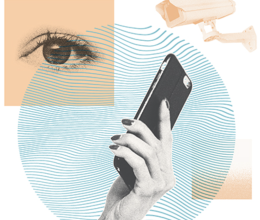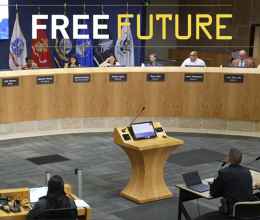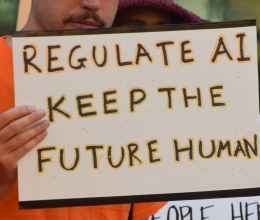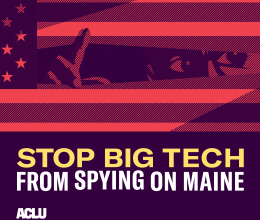Your cell phone is tracking you. We just can't say this enough at the ACLU. Everywhere you travel with a cell phone can be recorded and traced.
What is happening right now:
Police use various methods to track cell phones.
Most commonly, law enforcement agencies obtain cell phone records about one person from a cell phone carrier. However, some police departments, like in Gilbert, Ariz., have purchased their own cell tracking technology.
Sometimes, law enforcement agencies obtain all of the cell phone numbers at a particular location at a particular time. For example, a law enforcement agent in Tucson, Ariz. prepared a memo for fellow officers explaining how to obtain this data. And records from Cary, N.C. include a request for all phones that utilized particular cell phone towers.
Cell phone companies have worsened the lack of transparency by law enforcement by hiding how long they store location data.
Cell phone companies store customers' location data for a very long time. According to the U.S. Department of Justice, Sprint keeps location tracking records for 18-24 months, and AT&T holds onto them "since July 2008," suggesting they are stored indefinitely. Yet none of the major cell phone providers disclose to their customers the length of time they keep their customers' cell tracking data. Mobile carriers owe it to their customers to be more forthright about what they are doing with our data.
And to make things even worse, according to a recent study, even an anonymous digital trail left by your cell phone can be used to identify you with a striking degree of accuracy.
As Shenna blogged about on Monday, the Electronic Communications Privacy Act was signed into law in 1986 and has astonishingly not been updated since. As a result we have giant loopholes in our privacy laws that leave our sensitive electronic information exposed to law enforcement.
A bill before the Maine Legislature, LD 415, is a good step toward updating our privacy protections. This would put in place warrant requirements for the use of cell phone tracking by law enforcement. That is what is necessary to protect Mainers' privacy, and it is also what is required under the Constitution.









